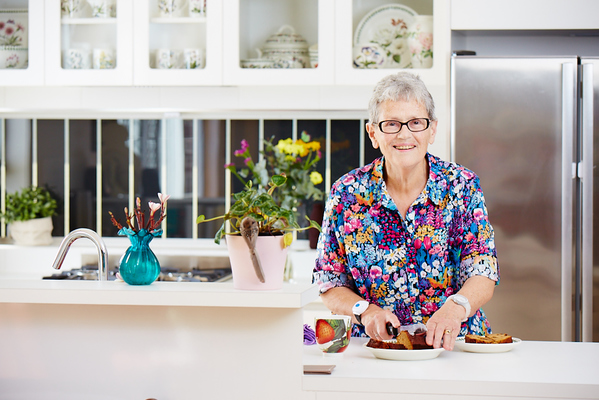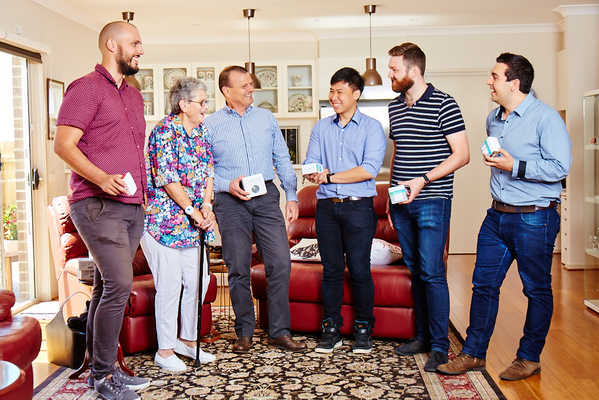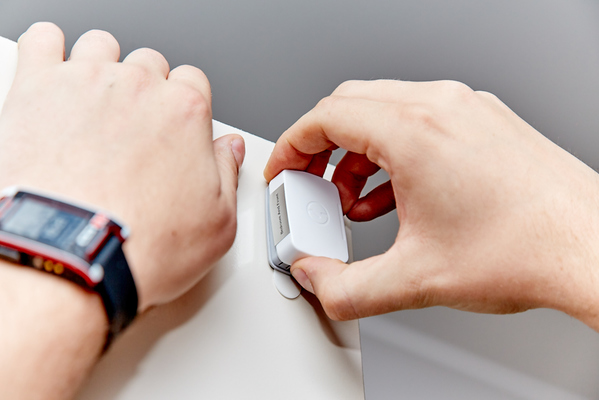By JOHN VAN KLAVEREN
An Australian-first six-week Geelong pilot program will aim to see if smart home technology can help the elderly to stay in their own homes for longer.
The trial, called The Holly Project, is backed by Deakin University and technology giant Samsung, with assistance from the City of Greater Geelong.
The artificial intelligence (AI) in-home aged care platform aims to use technology to give elderly residents the support and security they need to avoid going into an aged care facility.
Five households with participants aged from 73 to 81 will have their movements tracked and monitored through battery-powered sensors designed to detect motion, vibration, temperature and humidity.
Each room will have a speaker so researchers behind the Holly platform can broadcast audio messages to communicate with participants.
Dean of Deakin University’s Faculty of Science, Engineering and Built Environment, Professor Trevor Day, said the project would provide “potentially life-changing” opportunities the elderly.
“This project has the capacity to help address major challenges facing Australia’s health system, while allowing elderly residents to stay independent in their own homes for longer,” Prof Day said.
Deakin researchers would work with Samsung’s SmartThings home sensors and the Australian-developed Holly system to create technologies that understand the normal movements and activity inside a home, he said.
“With this information, Holly will be able to start to identify abnormal activity and raise alerts to healthcare providers as required.”
Samsung director of engineering and solutions Ian Aitken, said Holly could alert emergency services if there was a problem.
“We hope this pilot study will build our understanding for how connected technologies can help meet major challenges facing the lives of Australians.
“For many elderly Australians, having access to greater levels of in-home care via technology could provide re-assurance and extend the time they can spend in their own home.”
He said the technology was a vast improvement on existing lanyard and security button systems.
If Holly detected an “anomaly” in the home it would communicate to the occupants through voice.
Occupants would have three opportunities to respond through gestures such as waving their arms in the air or opening and closing a door, before Holly sounded an alert to designated emergency contacts.
“The whole process of Holly is to get to a point that we know what the person is doing in that home and what a normal environment is,” Mr Aitken explained.
“Once we know what normal is we can flip that and know what abnormal is and take action when abnormal takes place.”
Geelong council knowledge economy portfolio holder Cr Rod Macdonald said the introduction of smart home technology had long been supported by the City.
“Geelong prides itself on being a 21st century smart city and this initiative is consistent with the City’s overall digital strategy,” Cr Macdonald said.
“This study is the next phase in our push towards increasing quality of life for many within our community.
“The technology has the potential of providing significant savings to the community and governments.
“For each year that a person remains in their own home the savings to the government are thought to be anywhere between $100,000 and $300,000.”









